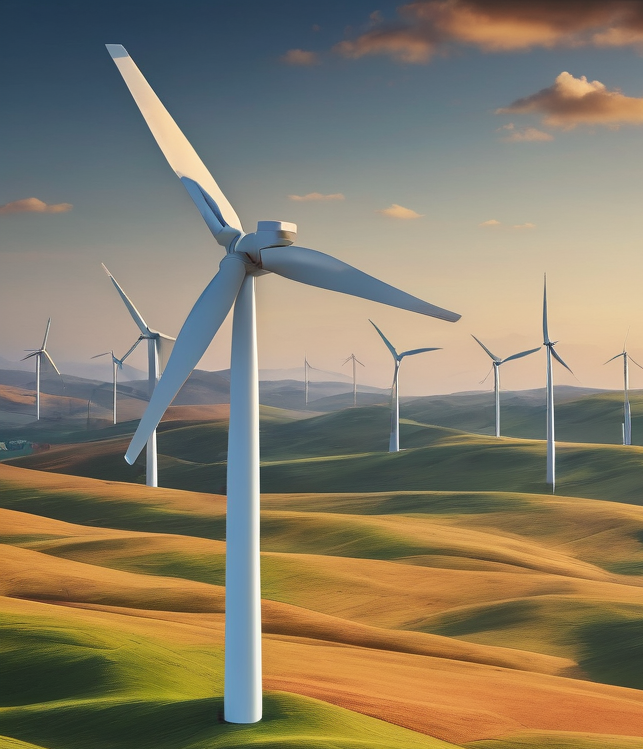The clean energy transition is high on the agenda of the European Commission. In 2019, the EU was the first actor to launch a comprehensive package of reforms – the Green Deal – to make decarbonisation a systemic priority, thus setting the ambitious target of reaching carbon neutrality by 2050. Within the Green Deal, the Fit-for-55 package included a set of measures aimed at cutting greenhouse gas (GHG) emissions by 55% by 2030.
The pressing emergency of climate change, the war in Ukraine, and the consequential energy crisis, only reinforced the EU commitment towards clean energy. Russia’s weaponisation of energy provisions made clear the need to sheer away from fossil fuels and to optimise energy consumption. Thus, the European Commission reacted with the REPowerEU initiative, which reduced the EU’s dependency on Russian imports to less than 10%, from roughly 40% before the war started.
Such a deep shift from fossil fuels creates massive opportunities for businesses. The renewable energy sector in Europe is booming: the solar sector alone registered a record market growth of 40% between 2022 and 2023, following the trend of previous years. A similar trend involves the energy sector: in 2021, wind accounted for 37% of total energy production in the EU, and the figure is expected to reach more than 50% by 2050, according to the targets set by the European Commission.
The EU is setting the policy framework to further encourage the clean energy transition. For instance, the EU Wind Power Package included measures and strong economic incentives to strengthen the European wind industry. Likewise, the EU Solar Strategy identified barriers in the further development of solar energy, and outlined initiatives to accelerate the deployment of solar technologies. Moreover, the growing number of pieces of legislation, like the Energy Efficiency Directive and the FuelEU Maritime Regulation, further attests the EU’s effort to align to the Paris Agreement.
Even if targets and regulations are set at the macro-level, the local dimension has a crucial role in implementing the policies. In fact, roughly 80% of global consumption of energy happens in cities, thus making local administrations a relevant actor of the clean energy transition. Local governments are essential to create the right set of incentives to attract private investments in clean energy, to rally support from the population, and to create partnership with the private sector to design policies. And the private sector is essential, on the other side, to provide public administration with the technology and know-how needed to find cost-effective solutions.
European Diplomats, through its network of partners, aims at connecting enterprises, public actors, and research institutions, to share knowledge about best practices and business opportunities. Sharing knowledge is particularly important in the field of clean energy, because effective policy solutions involve coordination between public and private actors. Sharing ideas and successful stories facilitates the scaling-up of projects, and the transferability from context to context. European Diplomats is working closely with pivotal stakeholders to foster the process to a greener future, to shape the energy markets of tomorrow.
Sources:
https://commission.europa.eu/strategy-and-policy/priorities-2019-2024/european-green-deal_en



